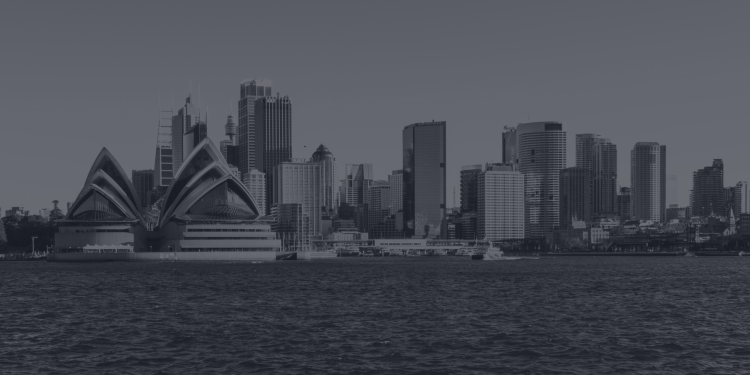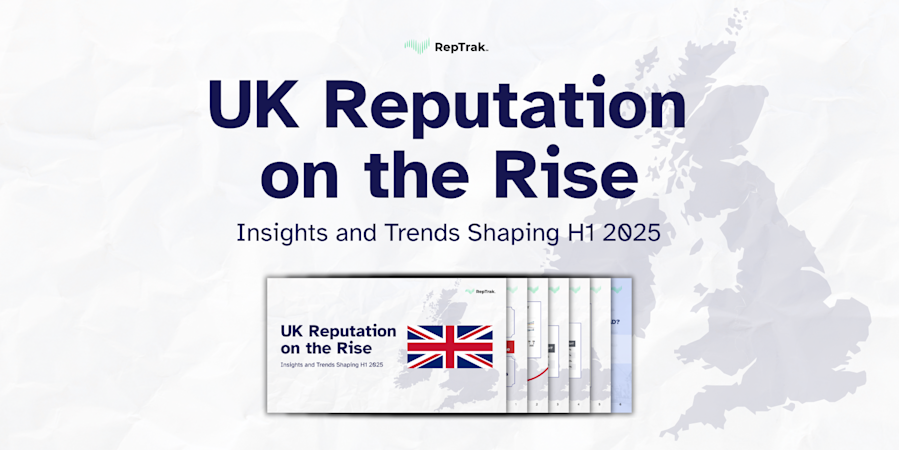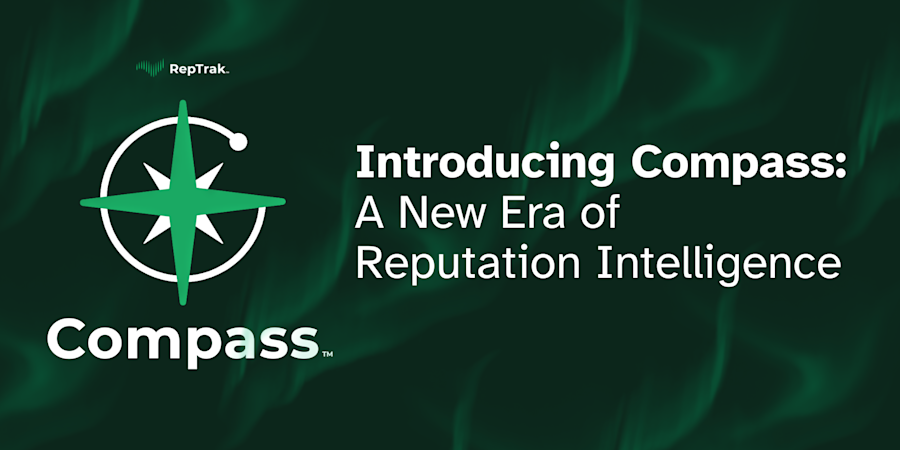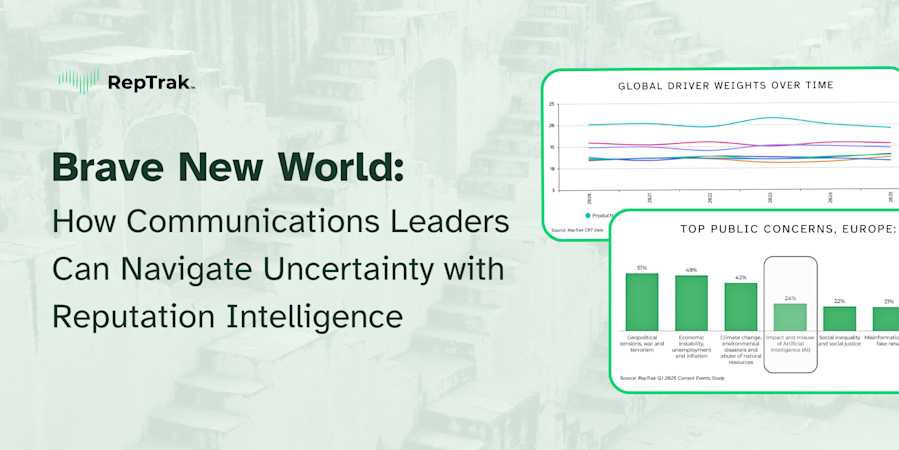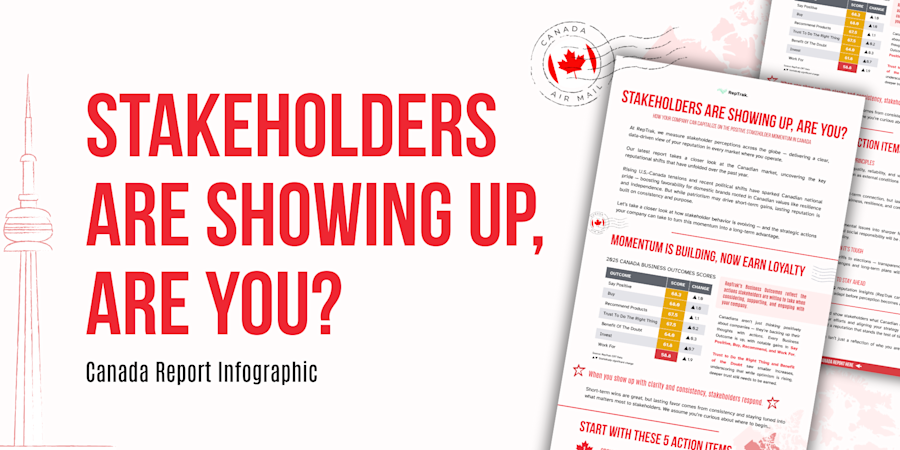ESG Ambitions Vital For APAC's Food Companies
Blog Post06 Jan, 2022
The Big Idea
Australian Food and Beverage giants such as Mars Inc., Mondelez Australia, and Woolworth Group are bridging sustainable action into supply management. These companies are among the founding signatories of the Australian Food Pact, which seeks to reduce food waste and improve agricultural productivity. After the COP26 conference kickstarted end-of-year commitments to standardize green practices, food manufacturers in APAC face pressure from activists and government bodies to integrate environmental and social advocacy with product delivery.
RepTrak Perspective
Stakeholders consider corporate ESG ambitions when choosing their favorite products and don’t always like what they see. While Products and Services are currently in a strong position (75.2) in APAC, Citizenship is the lowest-performing and with an average score of 69.6 in Q3 2021. Food and Beverage leaders must lean into perceptions of sustainable production to ensure long-term product stability and reputation success.
Reputation Context
Where does the Food and Beverage industry stand in APAC?
The Food and Beverage industry’s reputation in the APAC region (73.1) remains on par with the industry’s global average (73.2); however, a 1-point regional decrease from Q2 to Q3 2021 cannot go unnoticed. While all the Products and Services Factors are among the top 10 Factors, weaker perceptions across Citizenship Factors persist. Although it has an above-average score (70.5), "Positive influence on society" saw a 1.5-point decrease from Q2 to Q3 2021. "Supports good causes" and "Environmentally conscious" remain average, 69.3 and 68.9 respectively, in Q3. Here, Food and Beverage companies in APAC have an opportunity to redirect corporate initiatives to increase ESG transparency.
What is the reputation risk?
In APAC, stakeholder intent for "Recommend products" saw a 2.2% decrease, and "Buy products" decreased 1.0% among advocates from Q1 to Q3 in 2021. While these shifts seem small, regional changes can indicate more pivotal shifts at the country level, affecting corporate performance.
New Zealand and India saw a 4.4% and 3.4% decrease among supporters for "Recommend products" from Q1 to Q3 2021.
What should these companies prioritize in their communications?
Varying cultures and social dynamics among APAC countries[1] sway significances in Drivers. Regardless, Citizenship remains one of the top three Drivers for each country, indicating social and environmental corporate action is critical for Reputation.
Specifically in Australia, Citizenship surpassed Products for the No. 1 most influential Driver for Food and Beverage in Q3 2021. Adjacently, "Acts responsibly to protect the environment" moved into the top five Factors and "Supports good causes" moved up five ranks (16th to 11th) from Q2 to Q3 2021 for the Food and Beverage industry in Australia.
Convo Starters
What steps have you taken to integrate environmental or social protection into your company's supply chain? If not, where could your company start?
What risks to your reputation could arise from delaying support for this movement, or similar agreements?
How can your company prevent perceptions of greenwashing when presenting ESG initiatives?
